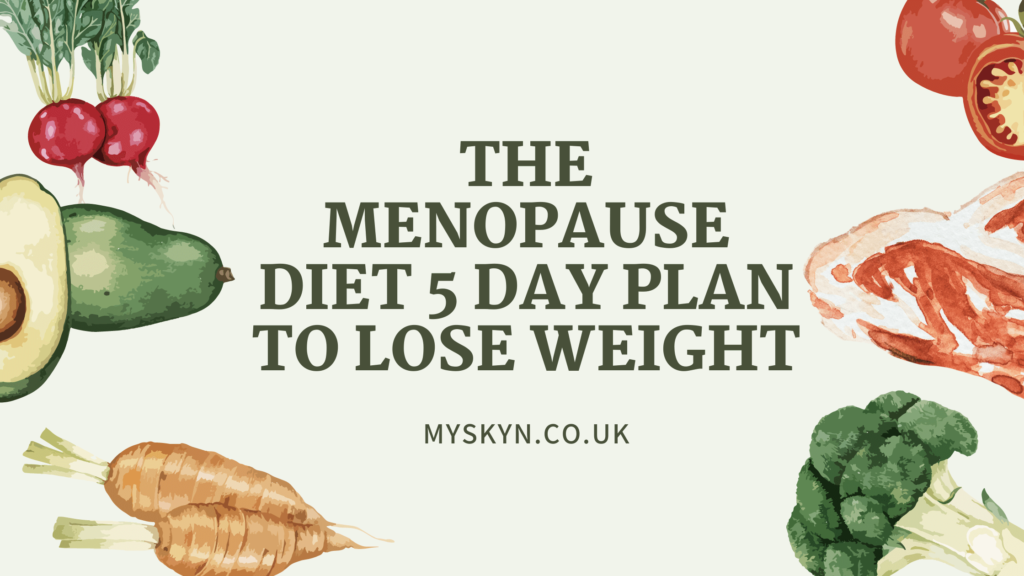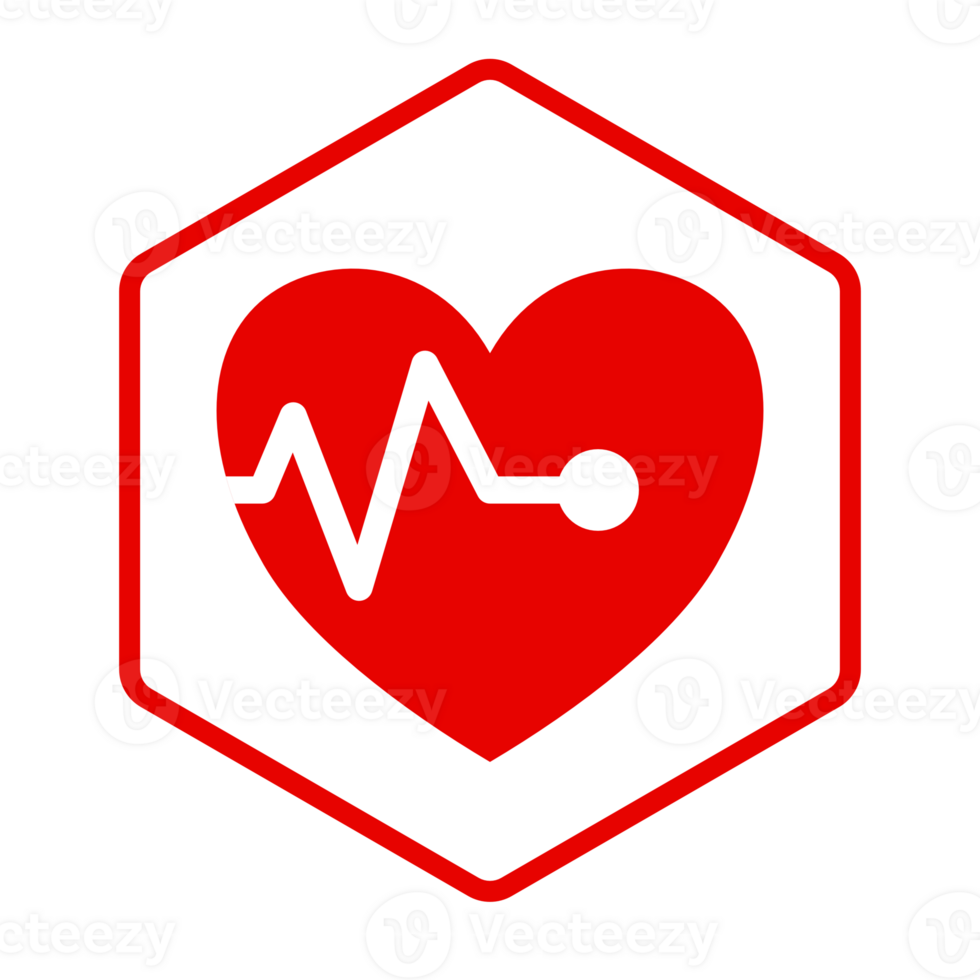The menopause diet 5 day plan to lose weight in 2025
Introduction to Menopause
Menopause is a crucial stage in a woman’s life, marking the end of the menstrual period and reproduction. It brings physical and emotional changes due to hormonal shifts, mainly the decrease in estrogen. Common symptoms during menopause include hot flashes, mood swings, and metabolic changes that affect weight and overall health. Good nutrition is vital in managing these symptoms and ensuring overall well-being.

Impact of Menopause on Metabolism
Hormonal changes during menopause significantly affect the metabolic system, leading to:
- Slower Metabolism: As estrogen levels decline, the metabolic rate slows, contributing to weight gain.
- Increased Abdominal Fat: Hormonal shifts lead to fat storage in the belly, increasing the risk of heart disease.
- Changes in Muscle Mass: A decrease in muscle mass slows metabolism further, impacting weight management.
Stages of Menopause
Menopause can be categorized into the following stages:
1. Premenopause
This is the stage before menopause when menstrual cycles remain regular, but hormone levels may begin to fluctuate.
2. Perimenopause
Perimenopause starts 8 to 10 years before menopause, typically in the 40s. During this stage, ovaries produce less estrogen, leading to symptoms like irregular periods, hot flashes, and mood swings.
3. Menopause
Menopause is the point when a woman has gone 12 consecutive months without a menstrual period. Estrogen levels decrease significantly, and menstruation permanently ceases.
4. Postmenopause
Postmenopause occurs after menopause, marked by a permanent absence of menstrual periods. Women remain in this stage for the rest of their lives, with increased health risks such as osteoporosis and heart disease due to low estrogen levels.
Common Symptoms of Menopause
- Hot Flashes: Sudden intense feelings of heat, especially on the face and neck.
- Night Sweats: Excessive sweating during sleep, often disturbing sleep quality.
- Irregular Periods: Hormonal changes cause irregular menstrual cycles.
- Vaginal Dryness: Declining estrogen levels result in vaginal dryness and discomfort.
- Mood Swings: Emotional shifts such as anxiety and depression due to hormone fluctuations.
- Sleep Disturbances: Difficulty sleeping or staying asleep, often related to night sweats.
- Weight Gain: Hormonal changes affect metabolism, leading to weight gain, particularly around the abdomen.
Menopause Diet Plan for Weight Loss
Maintaining weight during menopause can be challenging due to hormonal changes. Here’s a 5-day plan to support weight loss:
1. Focus on Nutrient-Dense Foods
- Lean Proteins: Include sources like chicken, turkey, fish, tofu, and legumes to support muscle health.
- Whole Grains: Foods like oats, quinoa, and brown rice provide essential nutrients for energy.
- Fruits and Vegetables: Rich in vitamins and minerals, these should be a staple in your diet.
2. Manage Portion Sizes
Portion control is crucial during menopause to prevent overeating and maintain a healthy weight.
3. Balance Macronutrients
A balanced diet with adequate proteins, carbohydrates, and healthy fats is essential for energy and metabolism regulation.
4. Stay Hydrated
Hormonal changes during menopause can cause dehydration. Drinking plenty of water throughout the day is important.
5. Limit Processed Foods and Added Sugars
Processed foods and sugars contribute to weight gain and should be limited.
6. Increase Fiber Intake
Eating fiber-rich foods like fruits, vegetables, and whole grains supports digestion and weight management.
7. Intake of Calcium and Vitamin D
Calcium and vitamin D are vital for bone health, particularly during postmenopause. Dairy products, leafy greens, and fortified foods are great sources.
8. Consider Phytoestrogens
Foods like soy and flaxseeds contain phytoestrogens, which may help balance hormone levels naturally.
Frequently Asked Questions (FAQ)
Conclusion
In summary, menopause is a natural part of aging that brings changes to a woman’s body, including weight and metabolism. A balanced diet rich in nutrient-dense foods, proper portion sizes, hydration, and exercise can help alleviate symptoms and support a healthy lifestyle during menopause.
